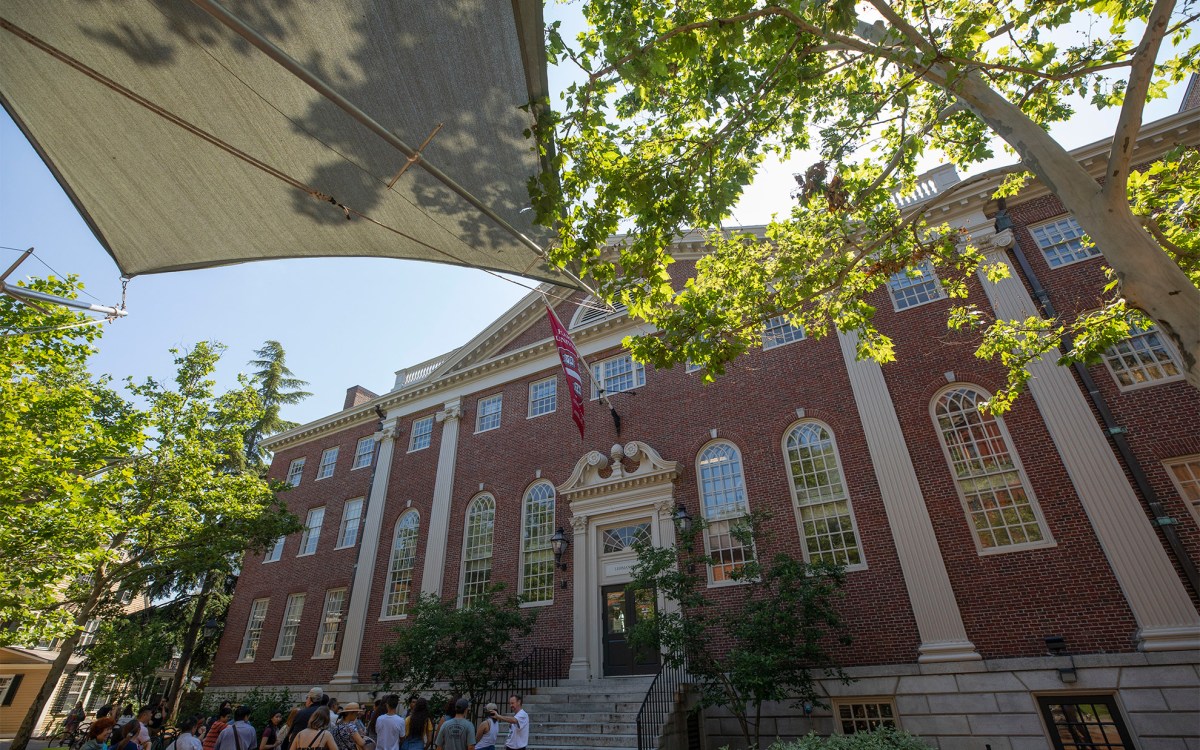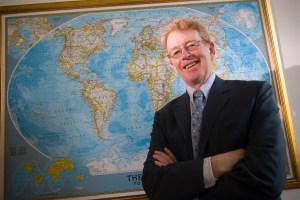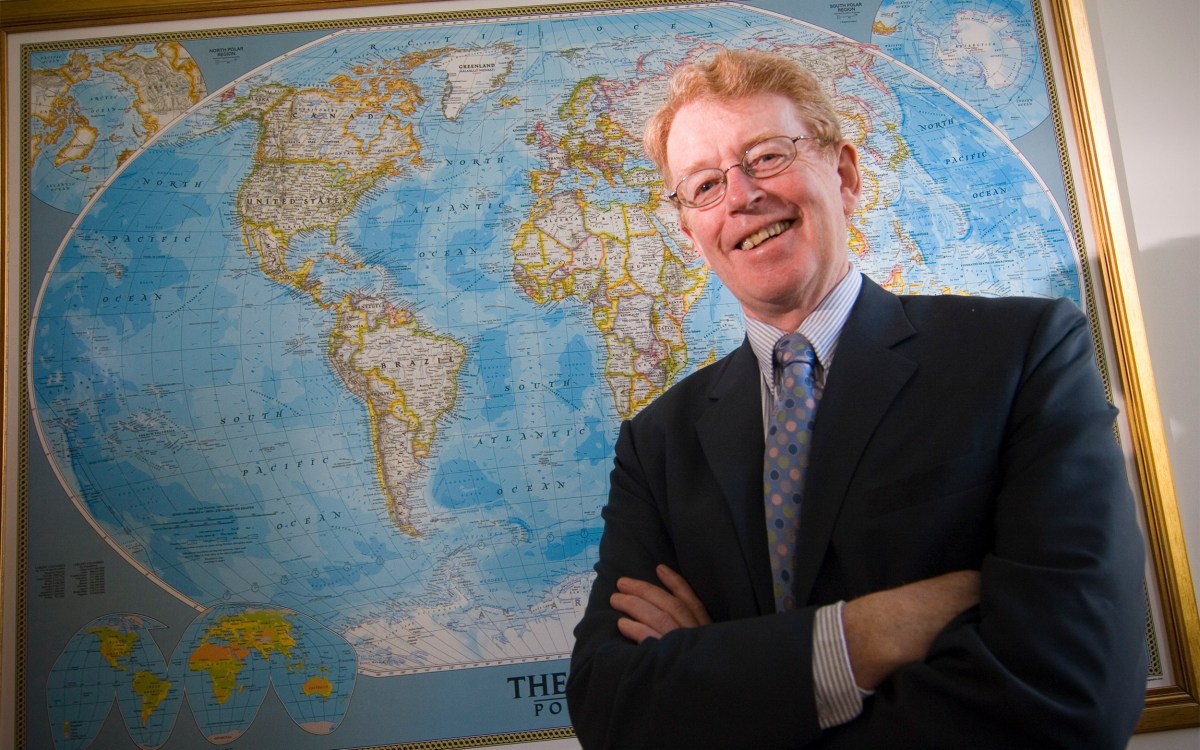Renowned classicist Segal dies
Charles Segal, Walter C. Klein Professor of the Classics at Harvard University, died Jan. 1 after a long struggle with cancer. He was 65.
Segal, whose scholarly career spanned almost four decades, specialized in the interpretation of Greek tragedy, Greek and Roman epic and lyric poetry, and the role of contemporary criticism in the study of classical literature. His books, many of which have been translated into several languages, include “Poetry and Myth in Ancient Pastoral,” “Tragedy and Civilization: An Interpretation of Sophocles,” “Dionysiac Poetics and Euripides’ ‘Bacchae,’” “Pindar’s Mythmaking,” “Orpheus: The Myth of the Poet,” “Lucretius on Death and Anxiety,” “Singers, Heroes, and Gods in the ‘Odyssey,’” and “Sophocles’ Tragic World.” At the time of his death, he was completing a book on Ovid’s “Metamorphoses,” with a fellowship from the National Endowment for the Humanities.
Born in Boston on March 19, 1936, Segal attended the Boston Latin School before matriculating at Harvard. He graduated summa cum laude in Classics in 1957, receiving his Ph.D. from Harvard in 1961. His Harvard honors include four Bowdoin Prizes in Greek and Latin, the Richardson Prize for excellence in Greek and Latin, a Corey traveling fellowship, and membership in Phi Beta Kappa his junior year. Segal taught classics at the University of Pennsylvania from 1964 to 1967; at Brown University from 1968 to 1986; at Princeton University from 1987 to 1990; and joined Harvard’s faculty in 1990. In addition, he held visiting professorships at Columbia and Brandeis, the University of Melbourne, the Ecole des Hautes Etudes and the Ecole Normale Superieure.
Segal’s distinguished career encompassed fellowships from the Fulbright and Guggenheim Foundations, as well as from the National Endowment for the Humanities and the National Humanities Center. A recipient of the Prix de Rome at the American Academy in Rome, Segal also served as senior fellow of the Center for Hellenic Studies in Washington, D.C., and was elected a fellow of the American Academy of Arts and Sciences in 1992, as well as president of the American Philological Association in 1994.
“Charles Segal was one of the most humane and broadly ranging critics of classical literature of the last two generations, and his humanity showed itself profoundly in his life as in his scholarship and teaching,” said Richard Thomas, professor of Greek and Latin and chair of Harvard’s Classics Department. “There is hardly a Greek or Roman poet about whom he had not thought deeply and to good effect. Charlie’s death is a blow to all of us, but his writings will remain as a vivid memorial both of the man and the scholar.”
Segal is survived by his wife, Nancy Jones, his daughter, Cora, two sons, Joshua and Thaddeus, and two grandsons.




